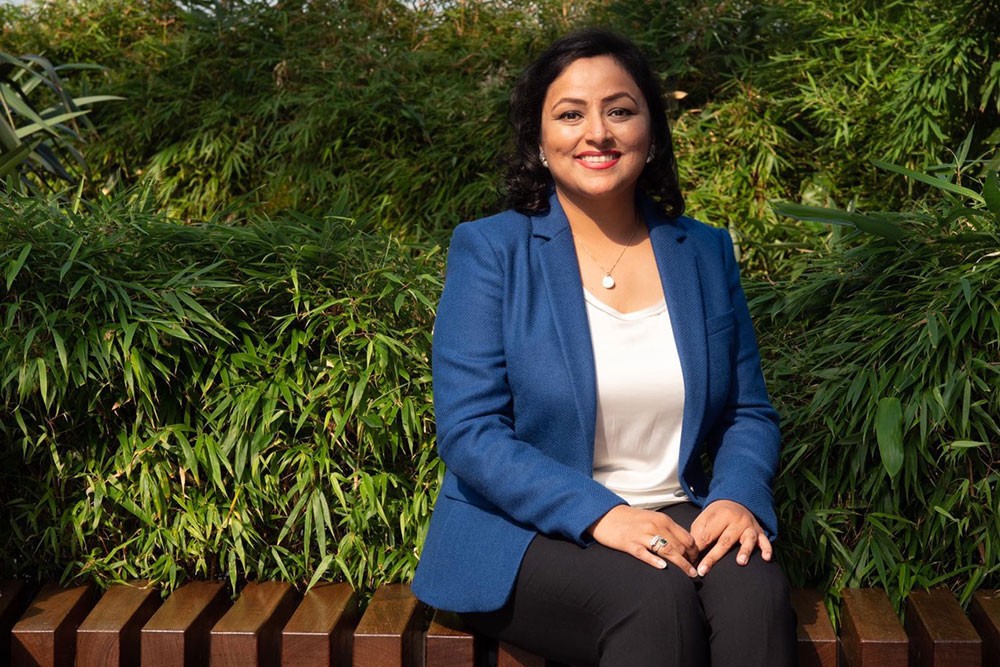
There’s a changing of the guard within wealthy Asian households. Established ultra-high-net-worth (UHNW) individuals, as well as the slew of newly minted millionaires, are increasingly adopting a family office structure as a means of not only preserving family wealth and ensuring its intergenerational transfer, but formalising a succession plan that mitigates family conflicts.
Accounting firms, with their broad base of knowledge, are well placed to complement, rather than compete with, traditional wealth managers such as private banks in supporting family offices, according to Desmond Teo, EY APAC’s family enterprise leader.
‘EY has been working with various families on this journey, as a trusted adviser,’ he says.
‘The big trend is moving from an all-too-often unstructured approach to the management of family wealth – as well as often poorly conceived estate planning – towards a far more structured and planned methodology.
‘The formalisation and professionalisation of all aspects of a UHNW family’s wealth is a luxury these families want and certainly can afford,’ Joe Moynihan, CEO at Jersey Finance, noted in a white paper released last November.
ESG concerns
Another shift is evident in the way funds are invested. As Sim S Lim, group head of consumer banking and wealth management at DBS, noted in a 2019 EY/DBS report, The Asian Family Office, younger members of wealthy families are as concerned with environmental, social and governance (ESG) benchmarks as they are with financial returns.
‘Their philanthropic interests are shifting away from traditional charities, and toward social enterprises,’ he said. ‘These next-gen wealth owners are also showing increased interest in becoming involved in businesses with disruptive and innovative technologies, as opposed to their parents’ preferences for more traditional brick and mortar concerns.’
Even in the midst of Covid-19, despite the uncertainties and crossborder travel restrictions, we are still seeing a strong pipeline in family office setups in Singapore
The 2019 UBS Global Family Office Report finds that, in Asia Pacific, 40% of family offices are engaged in sustainable investing, compared with 34% globally.
‘With 85% of all sustainable investments having met or exceeded expectations, family offices also realise that sustainable investments can generate equal or superior investment returns when compared to traditional investments,’ says Anurag Mahesh, co-head, global family office APAC, at UBS Global Wealth Management.
Equal opportunities
Teo explains that while Asian cultures traditionally would favour passing the baton to a son, now it’s just as likely to be a daughter. ‘As their wealth grows and families expand across jurisdictions and cultures, their approach to succession planning is changing,’ he says.
‘We see an evolution where the transition is increasingly based on interest, drive and merit.’
Whereas previously the next-in-line were expected to join the family firm straight from school, it’s now common for many to seek internships with external organisations, such as financial institutions and fund houses, where they can gain experiences and build up their support networks, Teo adds.
‘We are hopeful that these shifts will move the needle and we see more family enterprises succeed beyond the third generation.
Legacy building
‘Building on financial success is important,’ Teo stresses, ‘but once a family enterprise reaches a certain size, the next phase is about legacy building: what does this mean for the next generation, and what can we do for them?
‘As such, there is an increased focus on qualitative values such as education and reinforcing their legacies through philanthropy.’
Time to realign
Even before the pandemic, families were already preparing for perceived headwinds. Joint UBS/Campden Wealth research, undertaken last year, found that a majority of Asia-Pacific family office executives were expecting a market downturn in 2020, due primarily to global economic conditions and souring US/China relations.
Nearly half (46%) were re-aligning their investment strategy to mitigate risk, while 39% were positioning themselves to take advantage of opportunistic events. ‘This pandemic has created a correction in the market and some of the families are seeing this as a window to growth – whether through portfolio rebalancing or making opportunistic investments,’ Teo says.
‘Single-family offices have what we call patient capital. If they feel the market is toppy, or there is volatility, they have the ability to wait it out; they don’t need to necessarily deploy all the assets under management,’ he explains.
‘They also have the ability to make contrarian investments. So at times when it may seem everyone is taking a certain view, they are able to take a different view.’
Opportunity in crisis
Jaydee Lin, managing partner of Raffles Family Office in Singapore, concurs, writing in a recent blog post: ‘Whenever there is a crisis, there are always opportunities. Hence, this crisis has shown that the need to create buffers in our lives and the call for family offices could not be more relevant.’
Anuj Kagalwala, asset and wealth management tax leader at PwC Singapore, says the city-state has been a key beneficiary of this trend, with the number of family offices quadrupling from 2016 to 2018.
‘Even in the midst of Covid-19, despite the uncertainties and crossborder travel restrictions, we are still seeing a strong pipeline in family office setups in Singapore,’ he says.
‘Families are – and rightfully so – taking a long-term view in evaluating their holding structures in light of developments over tax transparency and economic substance requirements around the globe.’
Rising wealth
The rapidly rising wealth in Asia is fuelling a proliferation of family offices, which, according to Campden Wealth Research, have expanded by 44% since 2017 to now number 1,300.
According to a white paper by Jersey Finance, for those ultra-high-net-worth (UHNW) families holding financial asset wealth of at least US$100m, the directly controlled single-family office (SFO) is often the preferred route. Smaller UHNW families – perhaps with financial assets of US$20m to US$100m – are increasingly choosing to allocate their assets to independent, external multi-family office (MFO) operators.
UBS research also finds that family offices in Asia Pacific and emerging markets have the highest investment returns at 6.2% (for the year ending 31 March 2019), compared with the global average of 5.4%.
Some 40% of family offices in Asia Pacific engage in sustainable investing, while nearly half (49%) now have succession plans in place.




